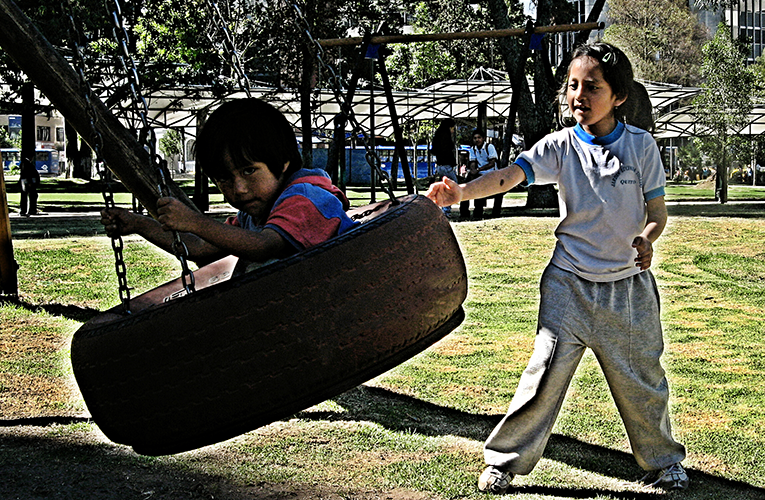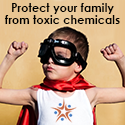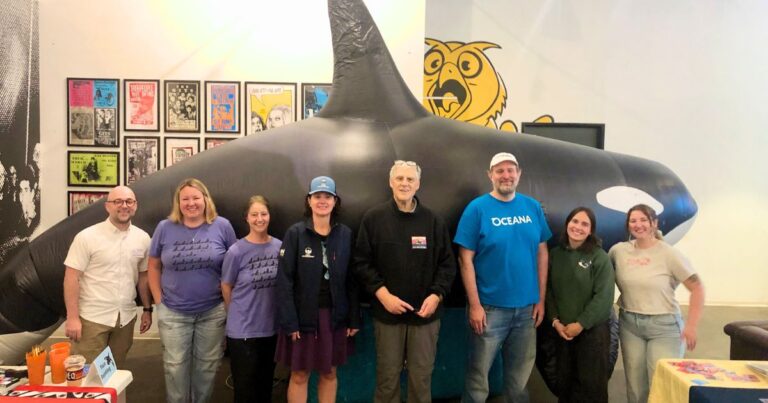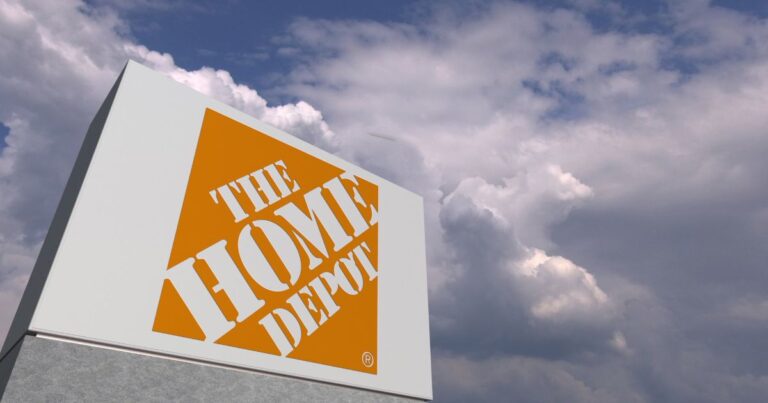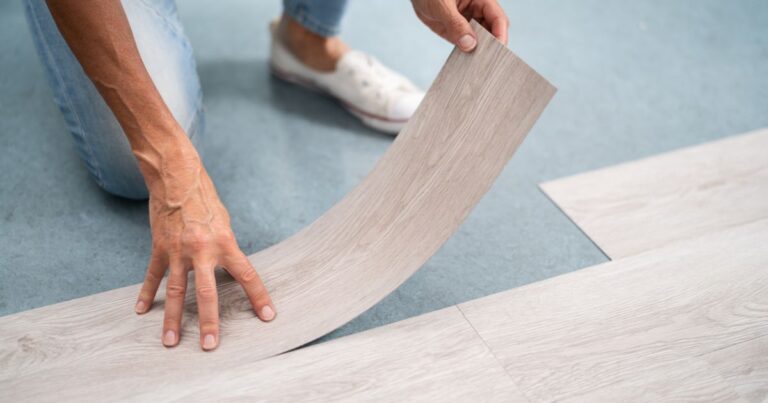We’ve got to hand it to the moms. For years, “green” mommas (including celeb Jessica Alba!) have been sharing tips on how to find and buy the safest, cleanest, greenest products for your family. Moms have been some of the biggest proponents of baby bottles and sippy cups that are free from the nasty endocrine disruptor bisphenol A (BPA)—and just a few weeks ago the Food and Drug Administration followed their lead and banned BPA in bottles and kids cups. While this is great news for some, for millions of women of color and low-income families, exposure to toxic chemicals is much bigger than a little plastic here or there. It’s an issue of worker rights, economic opportunity, and environmental and reproductive justice.
Don’t misunderstand—there’s nothing wrong with folks trying to shop smart or buy green, we try to and encourage others to do so too—but [pullquote]there is something wrong when our public debate around exposures to chemicals is limited to pocketbook solutions[/pullquote].
By now, you’ve seen the headlines, the special reports, and the scientific findings: our stuff is making us sick. A mountain of evidence links chemicals found in everyday products to poor health outcomes like infertility, miscarriage, early puberty, and cancer. Whether its estrogens in plastic, parabens in shampoo, lead paint on toys, or toxic flame retardants in couches, we are all exposed to these chemicals. Each of us, including you, dear reader, would test positive for dangerous levels of chemicals. However, we are not all equally exposed, and we are not all equally harmed. Not surprisingly, certain populations bear a disproportionate impact of exposure to these chemicals simply because of where they live and where they work—factors they have little real control over.
Workplace hazards
Latinas, for example, are overrepresented in the agriculture, hospitality, domestic work, and health care industries. These are jobs that come with prolonged and sometimes severe exposures to pesticides, toxic cleaning and medical products, and other dangerous materials that can adversely impact health. Employee exploitation in these industries is rampant, and workers may be provided little to no disclosure about or protection from chemicals they encounter on the job. Long hours and pre-existing health issues only exacerbate the problem.
And coming home doesn’t necessarily help. Not only can chemicals from the field or hotel laundry room be tracked home to harm children and other family members, but women of color are also more likely to live in neighborhoods with dirty air and in housing with outdated and harmful lead paint, asbestos insulation, allergens, and poor ventilation. In fact, a large percent of Latinas live and work in urban or agricultural areas where they are in contact with pesticides and air pollution on a regular basis, worsening health impacts they face.
Shopping around the problem?
As the bad news about toxic products has spread, many consumers have done their research and used “the power of the purse” to buy safer, cleaner products for their families–things like BPA-free plastics or “all natural” cleaning products. But that form of power is only available to those with time, money, education, probably an internet connection, and maybe a swanky organic market on their block. Women of color, low-income people, and migrant workers, the very populations with the worst exposures, have the least ability to avoid chemicals through consumer choice alone.
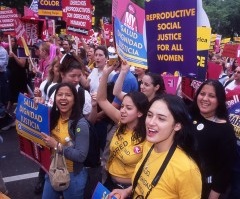 That’s why we need the power of civic engagement to push for policy change. Now is a good time to exercise it. Legislation is moving to reform the Toxic Substances Control Act, a failed and outdated law. But we need to make sure that public health is front and center. Real reform should protect communities of color.
That’s why we need the power of civic engagement to push for policy change. Now is a good time to exercise it. Legislation is moving to reform the Toxic Substances Control Act, a failed and outdated law. But we need to make sure that public health is front and center. Real reform should protect communities of color.
We are too often overlooked or underestimated as champions for environmental issues, when the reality is that Latino/as and African-Americans are consistently more supportive of environmental protection and chemical industry regulation than their white counterparts. Maybe it comes from seeing, knowing, and experiencing environmental racism so directly.
Help us build a cleaner future
That’s why we’re calling on all the fierce Latino poderosos/as out there, and allies, to get involved and help us build a cleaner future for every community. Get in touch with your Senators today, and tell them that your health shouldn’t be determined by the kind of job you work or the money in your pocket. We all deserve healthier homes, healthier workplaces, and healthier choices, regardless of who we are, where we live, or who signs our paychecks.
Join our email list for tips and action alerts. Together, we’ll move the marketplace towards safer chemicals.

